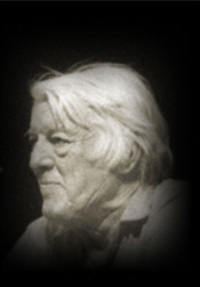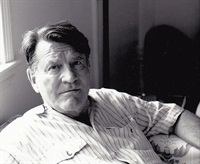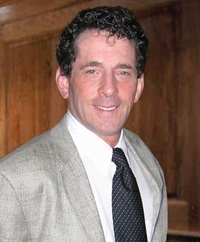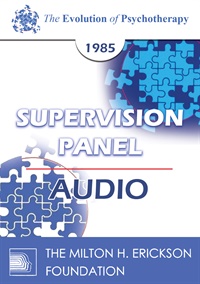EP85 Supervision Panel 01 - Robert Goulding, MD; Jay Haley, MA; Lewis R. Wolberg, MD; Jeffrey K. Zeig, PhD
- Average Rating:
- Not yet rated
- Topic Areas:
- Supervision Panels | Case Discussions | Family Therapy | Strategic Therapy
- Categories:
- Evolution of Psychotherapy | Evolution of Psychotherapy 1985 | Pioneers in Couples and Family Therapy
- Faculty:
- Robert L. Goulding, MD | Jay Haley, MA | Lewis R Wolberg, M.D. | Jeffrey Zeig, PhD
- Duration:
- 55 Minutes
- Format:
- Audio Only
- Original Program Date:
- Dec 11, 1985
- License:
- Never Expires.
Description
Description: An expert conversation about clinical challenges, offering insights on managing family violence, elder abuse, and obsessive-compulsive disorder. Strategies discussed include setting clear boundaries, involving families in constructive activities, and incorporating therapeutic elements into compulsive behaviors. Emphasis is placed on training therapists to think independently and adapt creatively to complex cases.
Moderated by Ann Wright-Edwards, MS.
Educational Objectives:
- To compare and contrast clinical and philosophical perspectives of experts.
*Sessions may be edited for content and to preserve confidentiality*
Credits
Handouts
| Timestamped Transcript (972.2 KB) | 23 Pages | Available after Purchase |
| Ericksonian Learning Snapshot (247.9 KB) | 2 Pages | Available after Purchase |
Faculty

Robert L. Goulding, MD Related Seminars and Products
Robert Goulding, MD, is one of the leading exponents of Transactional Analysis. Along with his wife Mary Goulding, they developed an approach called Redecision Therapy. Redecision Therapy also includes unique elements based on the Goulding’s own experiences as seasoned psychotherapists. Their goal was to create a psychotherapy, based on the strengths and complimentary objectives of Gestalt therapy and Transactional Analysis, that was both brief and highly effective. Robert Goulding received his M.D. in 1944 from the University of Cincinnati and practiced general medicine until he switched to psychiatry in 1958. With his wife Mary, he founded the Wester Institute for Group and Family Therapy in Watsonville, California, and authored two books. Dr. Goulding is a Distinguished Life Fellow and member of the Board of Directors of the American Group Psychotherapy Association. He served as president of the American Academy of Psychotherapists. An extraordinarily talented therapist, he has synthesized Transactional Analysis and Gestalt into his own model, Redecision therapy.

Jay Haley, MA Related Seminars and Products
Jay Haley (M.A., 1953, Stanford University) was Director of Family Therapy Institute of Washington, D.C. He was one of the leading exponents of the strategic/interpersonal approach to family therapy. Haley served as Director of the Family Experiment Project at the Mental Research Institute and as Director of Family Therapy Research at the Philadelphia Child Guidance Clinic. He has authoered seven books, co-authored two and edited five. Additionally, he has more than 40 contributions to professional journals and books. Haley is the former editor of Family Process, and the first recipient of the Lifetime Achievement Award of The Milton H. Erickson Foundation.

Lewis R Wolberg, M.D. Related Seminars and Products
Lewis R. Wolberg, M.D., has practiced psychiatry and psychotherapy for more than 50 years. he received his M.D. from Tufts College Medical School in 1930. He is the author, co-author, or editor of 26 books and has authored 35 book chapters and numerous papers. He is Founder of the Postgraduate Center for Mental Health in New York, with which he has been associated since 1945, and a Founding Fellow of the American Academy of Psychoanalysis.

Jeffrey Zeig, PhD Related Seminars and Products
Jeffrey K. Zeig, PhD, is the Founder and Director of the Milton H. Erickson Foundation and is president of Zeig, Tucker & Theisen, Inc., publishers in the behavioral sciences. He has edited, co-edited, authored or coauthored more than 20 books on psychotherapy that appear in twelve foreign languages. Dr. Zeig is a psychologist and marriage and family therapist in private practice in Phoenix, Arizona.


